COVID-19 Response in DRC
Mitigating the most severe impacts of the coronavirus pandemic and improving capacity for case management in health facilities in Kinshasa, the Kasais and Nord Ubangi.
The coronavirus in DRC
As of September 18th, 2020, the WHO reports that there have been 10,441 confirmed COVID-19 cases and 267 deaths in the Democratic Republic of Congo (DRC). However, testing capacities in the DRC are extremely low and the actual number of cases is expected to be higher. The risk of ongoing local transmission is also very high as most of the reported cases have been recorded in the country’s capital city, Kinshasa, which is home to at least 10 million inhabitants occupying an area slightly less than 10,000 square kilometers. The congested living conditions of the city make it almost impossible for inhabitants to respect social distancing guidelines.
Concerns over the increased local transmission of COVID-19 are compounded by concerns over the country’s already-strained health system. Currently, the DRC’s health system is not prepared to deal with an increasing number of COVID-19 cases. The health system requires support to detect and isolate cases, protect health workers, and provide the best care possible to COVID-19 patients.
objectives of response
In DRC, the capacity for the health system to provide appropriate hospital-level care for severely diseased patients is extremely limited and the likelihood of successfully implementing the necessary levels of social distancing within the busy and crowded city of Kinshasa is very low. Thus the objectives of our response are to mitigate the most severe impacts of the epidemic, while also improving the capacity for case management beyond the seven initially selected hospitals in Kinshasa.
Implementation Period
April 1, 2020 to September 30, 2020
Duration
6 months
Project Cost
£4.5 million
Donor
UKAid
Activities
To support the Global Response the World Health Organization has defined 8 Pillars for the Public Health response as part of the WHO 2019 Novel Coronavirus (2019 nCoV): Strategic Preparedness and Response Plan:
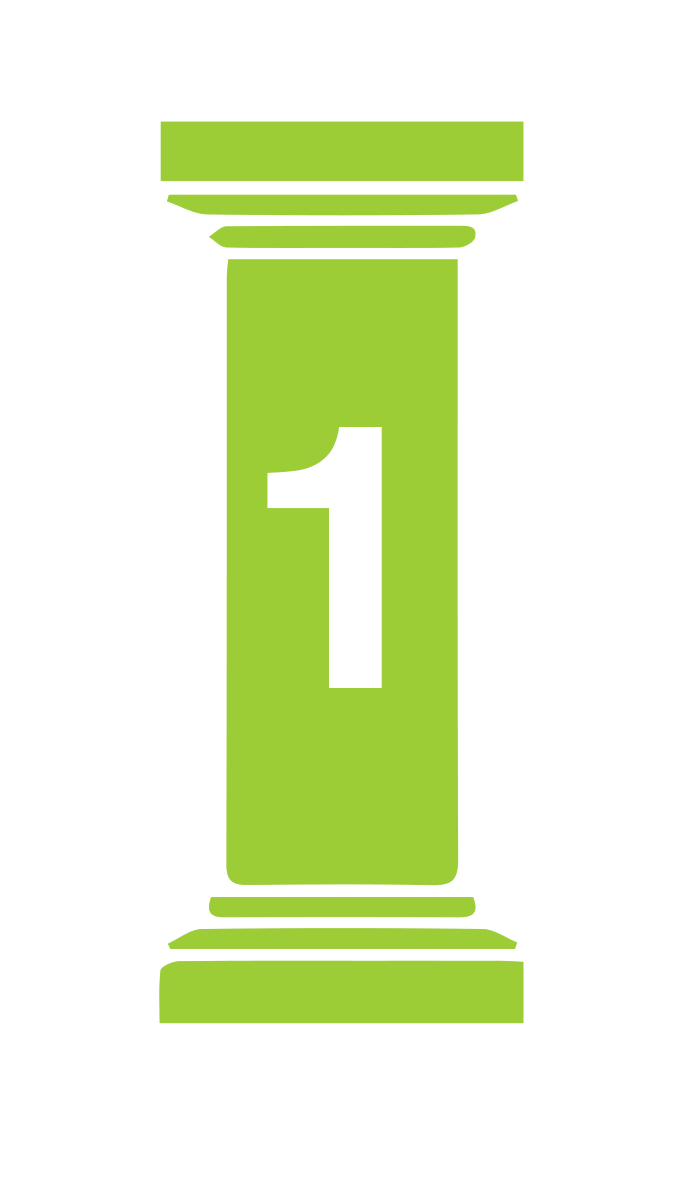
Country-level coordination, planning and monitoring
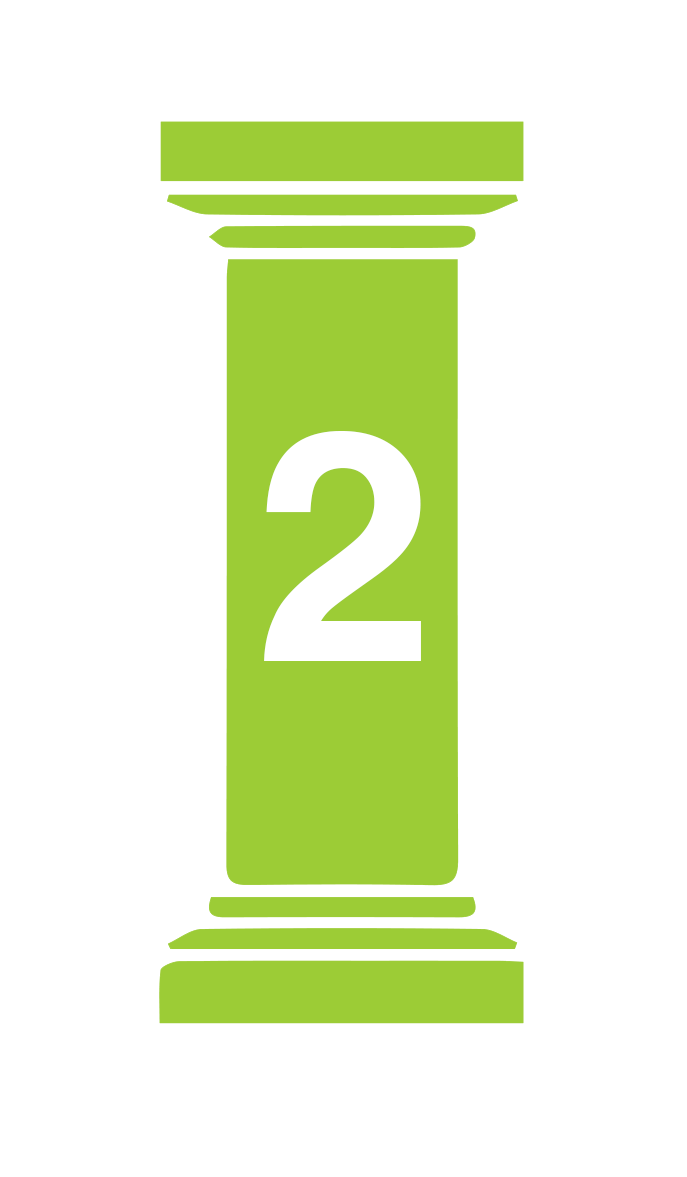
Risk communication and community engagement
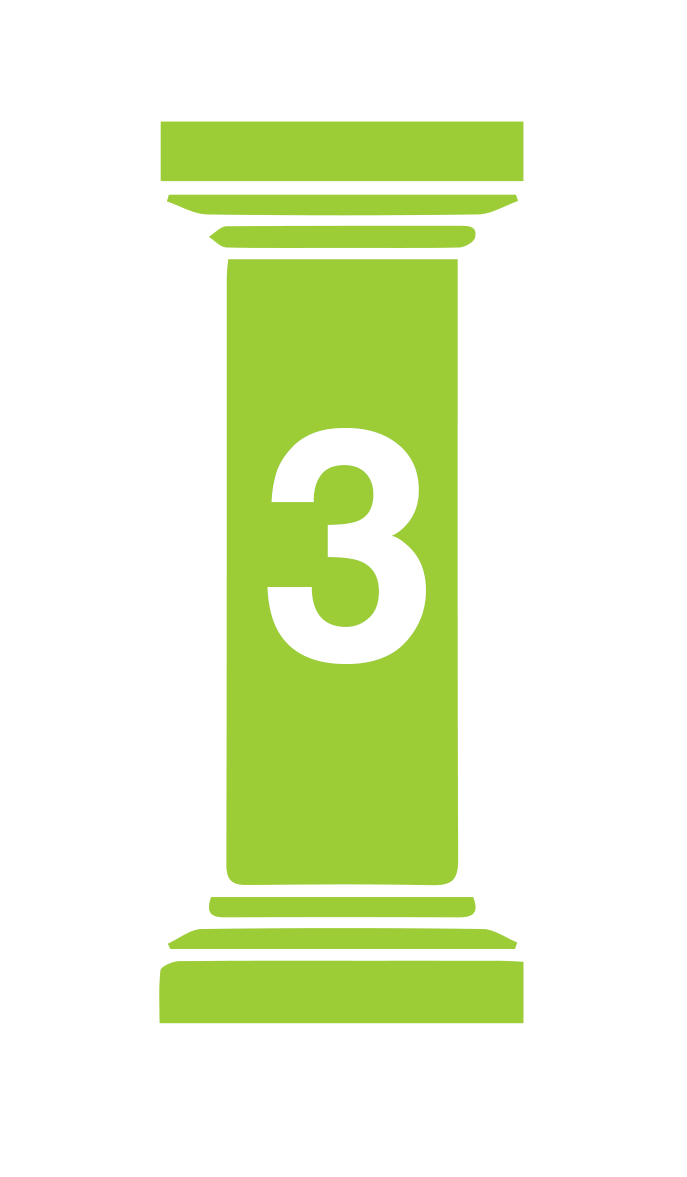
Surveillance, rapid-response teams, and case investigation
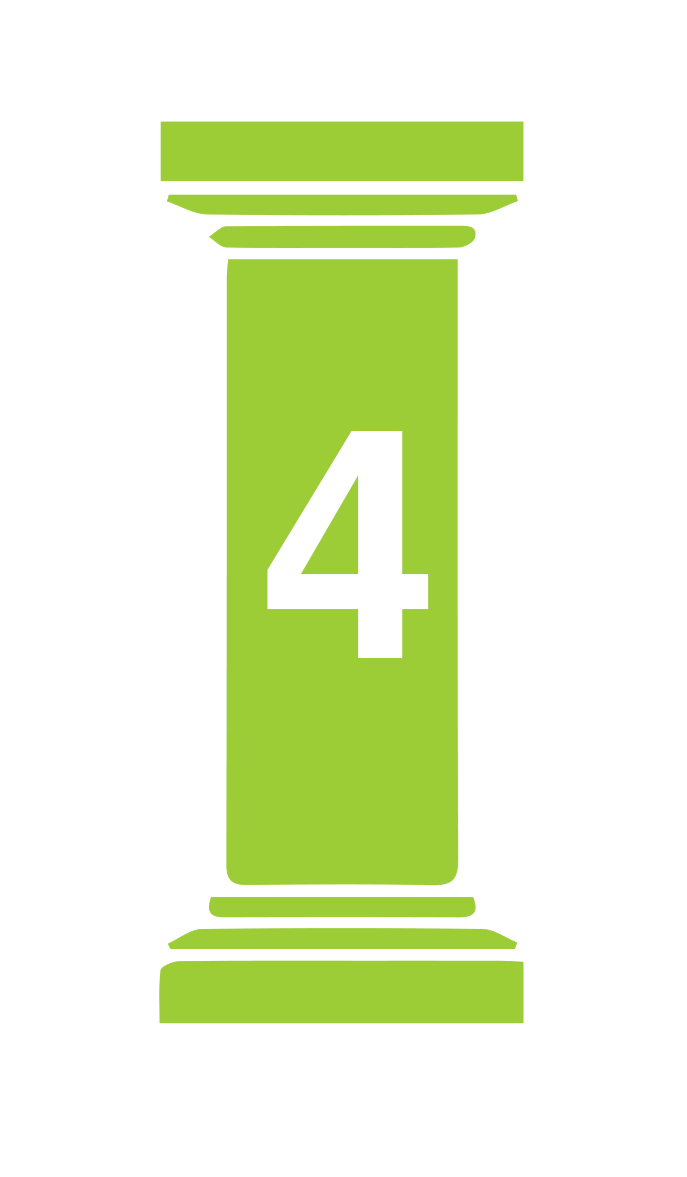
Points of entry
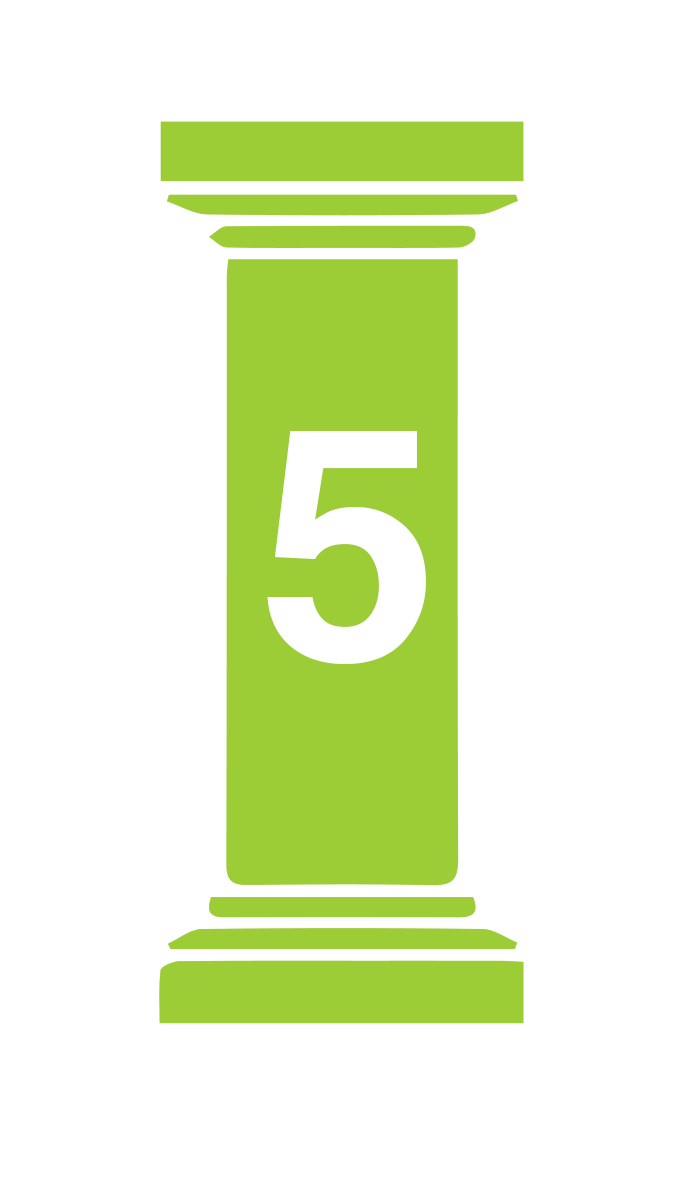
National laboratories
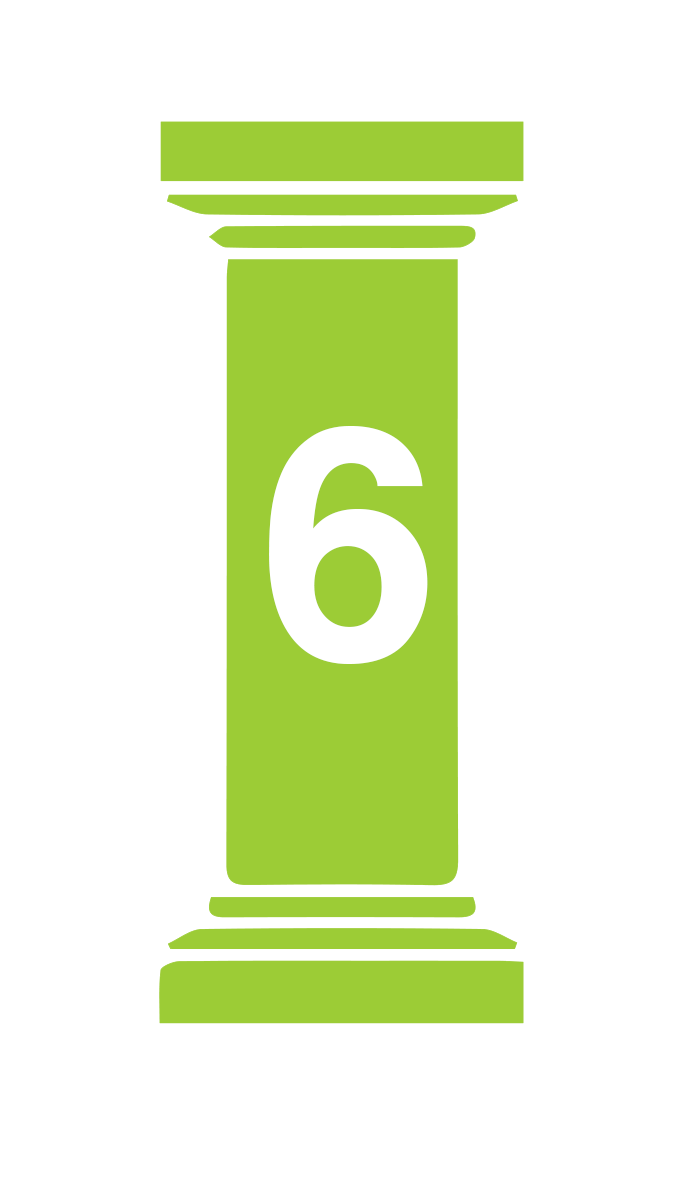
Infection prevention and control (IPC) in health facilities
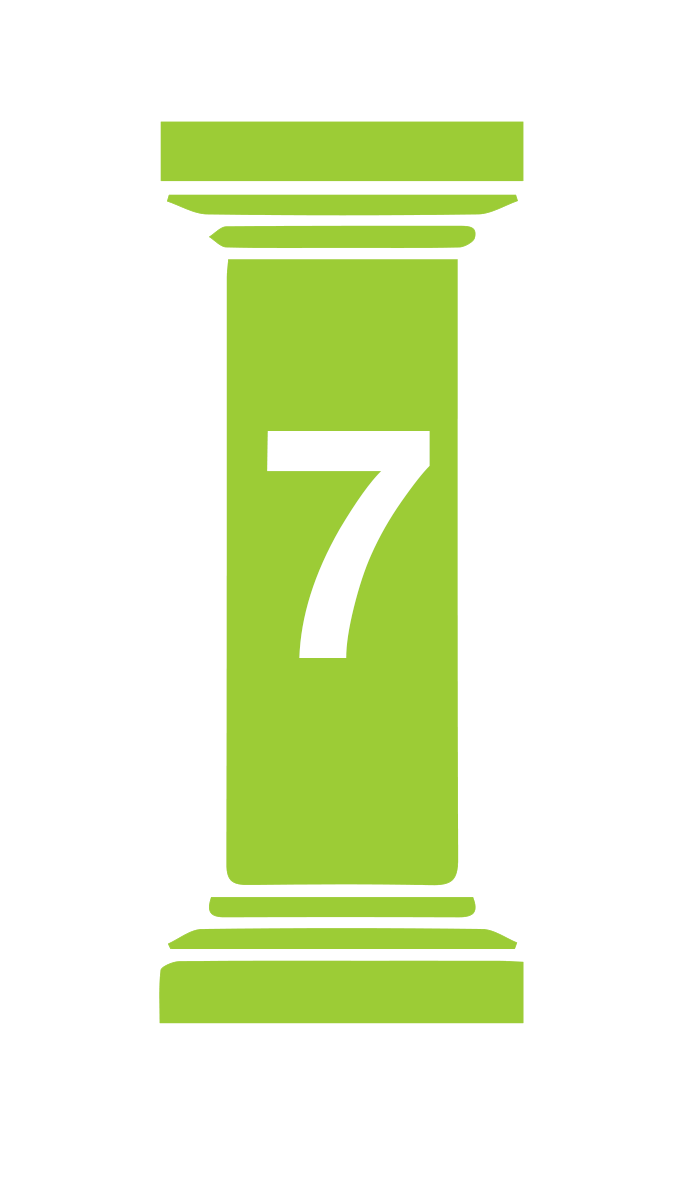
Case Management
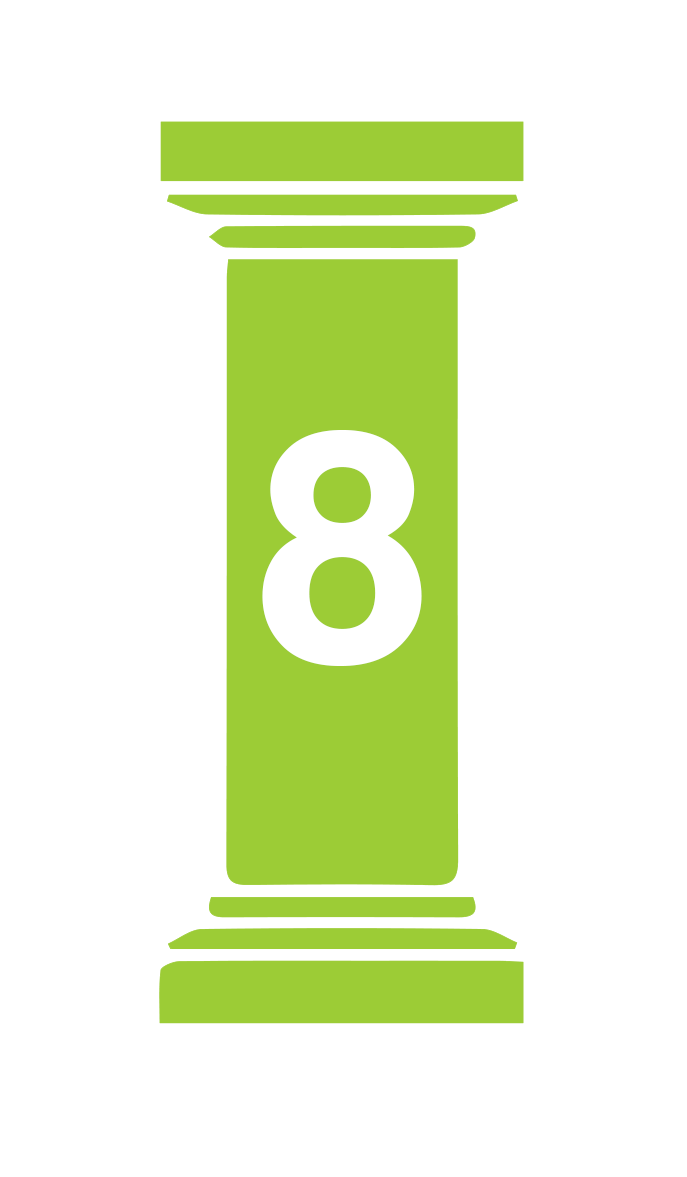
Operational support and logistics
Geographic scope
Kinshasa has 35 health zones, 400 health areas, and over 1000 health facilities. So as not to duplicate the efforts of other partners, the final list of 15 health zones to support was chosen in collaboration with the Ministry of Health (MoH) and the national committee leading the response efforts. In selecting the 15 health zones, we prioritized health zones not already receiving COVID-19 preparedness support from another partner, health zones in which IMA implementing partners are already present, and health zones with a higher risk of local transmission (presence of large markets, etc).
Hospitals
Advanced Health Centers (Centre de Sante de Reference, Clinics, Polyclinics)
Health Centers
Health Posts
zones implemented as part of the ASSR project
Kinshasa zones implemented with additional funding donated by DFID
Project Highlights
Number of health care staff trained
Pillar 1: Country-level coordination, planning and monitoring
IMA participated actively in coordination efforts with other health partners and the national response team to reduce overlap in aid distribution and improve the response efficiency overall. IMA supported key activities at the central including the development of an integrated training curriculum, translation of sensitization messages in four languages, decentralization of testing by lab technicians in Kinshasa and Gbadolite. Coordination activities for multi partner programs to improve surveillance data reporting and health worker monitoring with respectively DHIS 2 Tracker and mHero with iHRIS data in Kinshasa.
lab technicians from many hospitals trained on GeneXpert machines
Pillar 5: National laboratories
The project assisted the government to increase COVID-19 testing capacities with the training of 133 lab technicians from many hospitals equipped with GeneXpert machines in Kinshasa, Kongo Central, and Nord-Ubangi.
Number of masks distributed
Pillar 6: Infection prevention and control (IPC) in health facilities
The project procured and distributed PPE, sanitation, and cleaning equipment to assisted heath facilities along with disinfectant, washing stations, and water filters. Items distributed included hydroalcoholic solution (9,770), liquid soap (2,172), hand washing stations (535), water filters (480), coth masks (60,000), surgical masks (250,000), garbage containers (890), and garbage bags (6,950).
Population reached by community relays
Pillar 2: Risk communication and community engagement
Community relays in all assisted health zones received support from the project to conduct risk communication sensitization in their respective communities. The project has trained 2,685 relays including 1,259 females (47%). 800 megaphones and 3200 jackets with printed sensitization messages were distributed to relays to increase community awareness on the risk associated with COVID-19. Relays have visited 2,780 communities and reached a population estimate of 459,041.
Alerts validated out of 5,957 investigated in one week.
Pillar 3: Surveillance, rapid-response teams, and case investigation
The project provided surveillance tools to health zones for reporting. 185 cells phones were purchased for health facilities to report surveillance data using DHIS 2 Tracker. Training in surveillance reporting and DHIS 2 Tracker is scheduled to start soon now that the MOH has approved the dual use of both DHIS 2 Tracker and eWars from the WHO to report and trace Covid-19 alerts.
The project provided subsidies to conduct response activities including alert validations, contact tracing and monitoring, and sample collection and transfer to approved labs. Last week in total 2,474 alerts were validated out of 5,957 investigated and 3,886 contacts were seen out of 4,788 being monitored.
Number of minimum triage zones installed at health facilities
Pillar 7: Case Management
A major contribution in Covid-19 case management is the support provided to the national response team to develop an integrated training curriculum on COVID-19 management that includes four major modules: surveillance, case management, risk communication, and PCI. This included the production of videos on dead body management, burial guidance, and proper dressing and undressing of PPE equipment. This curriculum was successfully tested in Gbadolite and in two health zones in Kinshasa with a total of 130 health workers trained so far. The training is planned for health workers in remaining DFID assisted health zones in Kinshasa and in ASSR assisted provinces.
The project installed minimum triage zones in all assisted health facilities (183 clinics and 15 hospitals) consisting of a temperature checkpoint with handwashing equipment at the entrance of every health facility. In addition, new equipment including 60 oxygen concentrators for respiratory illness management, beds, consultation tables are being distributed to health facilities.
Health facility Renovations
The project also targeted a limited number of health facilities for rehabilitation work. This included roof repairs, painting, and a few other fixes to improve the care environment. In Kimbanseke, one of the largest HZ in Kinshasa located in a poor neighborhood where many cannot afford to pay for emergency care, the project is helping the completion of an emergency unit project started eight years ago but abandoned.
Scroll over the image to see a before and after of Kimbanseke HGR.
Mask Making in the drc
IMA procured tailors in Kinshasa to make 60,000 cloth masks for distribution. Check out the video below to see them in action.
Partners
IMA World Health leads a consortium comprising implementing partners ADRA, the Salvation Army and the medical department of the Protestant Church (ECC/DOM) as well as technical partners Viamo and BAO Systems. ECC/DOM, ADRA, and Salvation Army are responsible for the implementation of activities at the clinical and community level, such as trainings for health workers and the distribution of protective personal equipment, while Viamo brings its technical expertise in mobile communication to support the development and distribution of educational material and key health risk messages. Finally, BAO Systems continues to support building out the national health management information system to better deal with this pandemic.


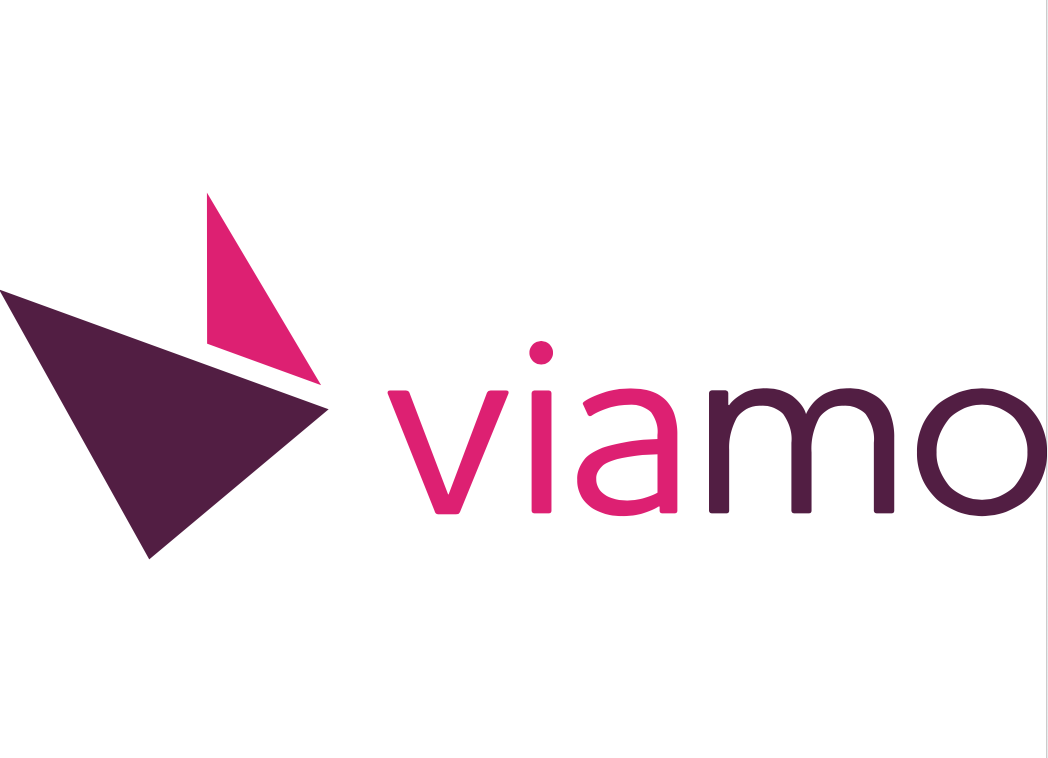
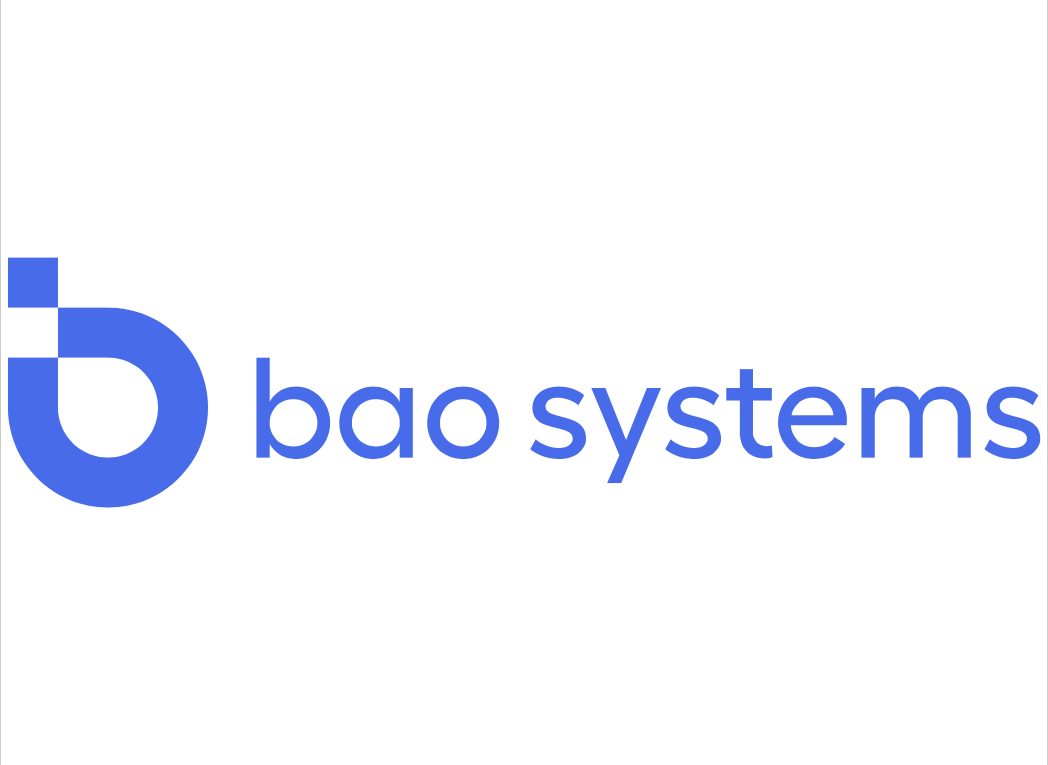
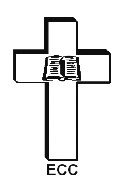


QUICK CONTACTS
Recent Posts
Creating a national health information system in DRC
IMA World Health has been working with the Ministry of Health in the Democratic Republic of Congo, or DRC, for more than 10 years to support the development of an effective and efficient National Health Information System in the country. This central reporting system...
ASSP’s WASH Program Certifies its First Round of Healthy Villages
The Democratic Republic of Congo (DRC) is one of the most water-rich countries in the world, containing 52% of the African continent’s freshwater resources. Despite this enormous availability of freshwater, only 32% of the rural population has access to potable water...
ASSP Project Uproots Malnutrition with Household Gardens
As they sit quietly in front of their family’s hut in Congo’s Kasai-Occidental Province, two-year-old twins Kanku and Mbuyi watch a pair of chickens ambling around their feet. Neither of the tiny boys gives chase or swats at the beaks that occasionally peck at their...


